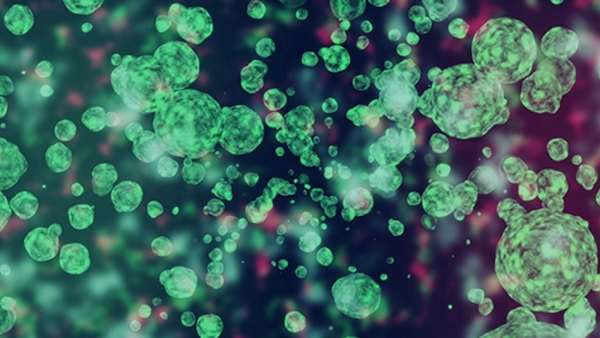Exosomes: mediators of bone diseases, protection, and therapeutics potential
Bone remodeling is a continuous lifelong process in the repair of micro-damage to bone architecture and replacement of aging tissue in bone.
Bone remodeling is a continuous lifelong process in the repair of micro-damage to bone architecture and replacement of aging tissue in bone. A failure to such process leads to pathological destructive bone diseases such as osteoporosis, rheumatoid arthritis, and osteoarthritis.
However, this active process is regulated by; osteoclasts, which are involved in the bone resorption process; osteoblasts, with involvement in the bone formation process and bone-derived endothelial cells, which promote angiogenesis. In the bone micro-environment, these cellular interactions are mediated by a complex interplay between cell types via direct interaction of cell secreted growth factors, such as cytokines. Recently, the discovery of exosomes (∼ 40-100 nm in size), has attracted more attention in the field of the bone remodeling process.
Exosomes and microvesicles are derived from different types of bone cells such as mesenchymal stem cells, osteoblasts, osteoclasts and their precursors. They are also recognized to play pivotal roles in bone remodeling processes including osteogenesis, osteoclastogenesis, and angiogenesis. In this review, we especially emphasize the origin and biogenesis of exosomes and bone cell derived exosomes in the regulatory process of bone remodeling. Moreover, this review article also focuses on exosomal secreted proteins and microRNAs and their involvement in the regulation of bone remodeling.
Reference:http://www.impactjournals.com/oncoscience/index.php?pii=421





ارسال به دوستان